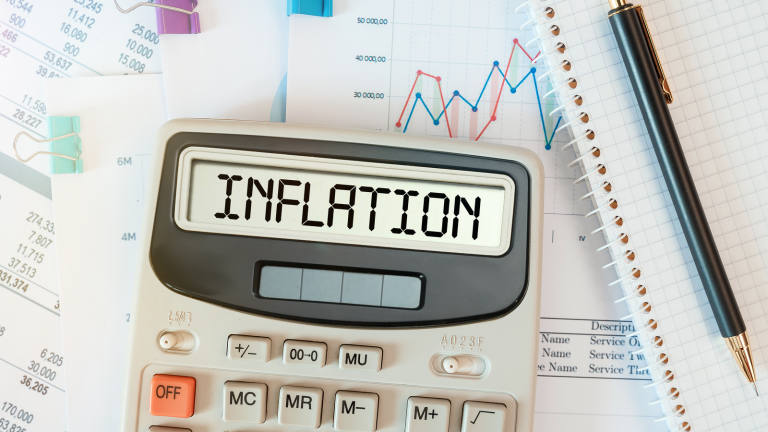How do interest rates affect inflation? Raising interest rates has been the Federal Reserve’s primary method of dealing with the rampant inflation in the U.S. this year. On Wednesday, the central bank announced it will raise rates for the third occasion in 2022, this time by 75 basis points (BPs). Investors and analysts hope this latest contractionary action by the Fed will be enough to temper prices, which have been marching upward this year with no clear end in sight.
Friday’s disastrous Consumer Price Index (CPI) report made it clear to many investors, and certainly to the economists at the Fed, that inflation will require even tighter monetary policy than previously expected. Indeed, Wednesday’s announced 75 BP hike represents the first interest rate increase of this size since 2004. The move itself is something of a backtracking from Fed Chair Jerome Powell’s previous statements on the matter. In early May, after April’s relative easing in price growth, Powell stated the Fed was “not currently considering” 75 BP or 100 BP rate hikes.
Friday’s CPI report seemingly changed that sentiment. Prices in May increased 8.6%, jumping 1% from April. This was largely caused by sky-high energy costs, which were up more than 30% year-over-year.
With the Fed responding to the CPI report in kind, Americans continue to consider when and how Wednesday’s hike will assist the Fed in lowering prices.
How Do Higher Interest Rates Affect Inflation?
When the cost of borrowing rises, consumers generally curb their expenditures. After all, when interest rates rise, so too does the
federal funds rate, that is, the interest commercial banks charge other banks to borrow and lend money to each other. Credit card companies will pass along the more expensive cost of debt over to card holders via higher interest rates. This may be a minor issue for some credit card users. But for those with larger debt portfolios, the higher interest payments could be a legitimate burden. Therefore, it will further discourage spending on margin.
The major point is that by raising the cost of borrowing, people will simply borrow less. This effectively lowers the supply of cash circulating in the economy, which, by definition, will lower inflation.
The Fed’s string of interest rate hikes is, in a sense, a reversal from the expansionary quarantine monetary policy. When the Covid-19 pandemic first hit, the Fed wanted to encourage spending to ensure the economy remained in tact. As such, the central bank immediately dropped lending rates to 0%. This effectively encouraged borrowing and forced more money into the economy.
It usually takes time for the impact of interest rate hikes to hit price levels. Some experts expect it will take a full calendar year to truly feel the inflationary impacts of the interest rate hikes. Financial experts across the world are closely watching the monthly CPI reports hoping for an ease in prices.
On the date of publication, Shrey Dua did not hold (either directly or indirectly) any positions in the securities mentioned in this article. The opinions expressed in this article are those of the writer, subject to the InvestorPlace.com Publishing Guidelines.

